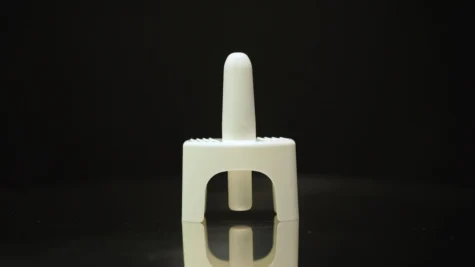Transitioning from an inpatient, outpatient, or residential treatment setting is a major accomplishment but can also be overwhelming. If you or a loved one have transitioned, you are probably adjusting to a “new normal.” One good way to ease the transition is through alumni programs. Alumni programs can play a vital role after a person completes addiction treatment, and there are several reasons a person might want to join, from looking to connect with peers to giving back to the recovery community. This article will explain what an alumni program is, some of its benefits, and why ongoing support during recovery is important.
What is an Alumni Program?
Alumni programs have several features. They offer a supportive community of peers with similar lived experiences, often in the form of support groups that might meet with a regular cadence. Social events, workshops for continued growth and development, and volunteer and mentorship opportunities are another reason to participate. SAMHSA (Substance Abuse and Mental Health Services Administration) has long shared its four dimensions of recovery: health, home, community, and purpose. Alumni programs really support the domains of community and purpose.

Key Benefits of an Alumni Program
There are several benefits to participating in an alumni program after rehab. Participants tend to experience lower relapse rates, as evidenced by this study. It found that students at Texas Tech University who participated in an alumni program had relapse rates of 4% to 8% compared to the 40% to 60% relapse rate more commonly found in the general population. Isolation and loneliness are major risk factors for relapse, so a community that is organically formed in alumni programs reduces that challenge. Alumni programs also provide educational opportunities for personal growth, networking, and training for professional development. Finally, the opportunity to mentor and give back to the recovery community is a large reason alumni choose to participate. It is good for self-confidence and mental well-being.
Why Ongoing Support Matters in Recovery
It’s important to recognize addiction as a chronic, ongoing condition. Surrounding yourself with support after treatment can be just as important as it was during treatment. The National Institute on Drug Abuse reports a relapse rate of 40% to 60%, and alumni programs help those in recovery avoid common triggers of relapse, which include stress, cravings, social isolation, and health challenges. Staying engaged with an alumni program significantly reduces the risk of relapse and helps participants to continue building coping skills and other tools that will help with their sobriety. They are more than just aftercare programs–they can be a bridge to a life of sobriety.
Alumni are Inspiring
Peer support groups help reduce substance use and improve participant engagement. But at the end of the day, peer support groups are individuals like us who can be inspiring! People share stories of their pasts and how they are now the people they had always dreamed of being. They share that they no longer feel empty or depressed. They are grateful that they can play a role in their family and are proud to share the contentment they have found in their daily life. Meeting peers and learning their stories can provide inspiration and motivation.
Start Your Journey at Southern Sky Recovery
Southern Sky Recovery is a locally owned facility that provides intensive outpatient (IOP), partial hospitalization (PHP), and outpatient treatment options. Many of our staff are in recovery and understand what it means to experience addiction. We know that every individual’s journey to recovery is unique, and we are committed to compassionate, judgement-free care. If you or a loved one have been struggling with addiction and want to change your story, contact us today. Nothing is written in stone, and you can do this.



